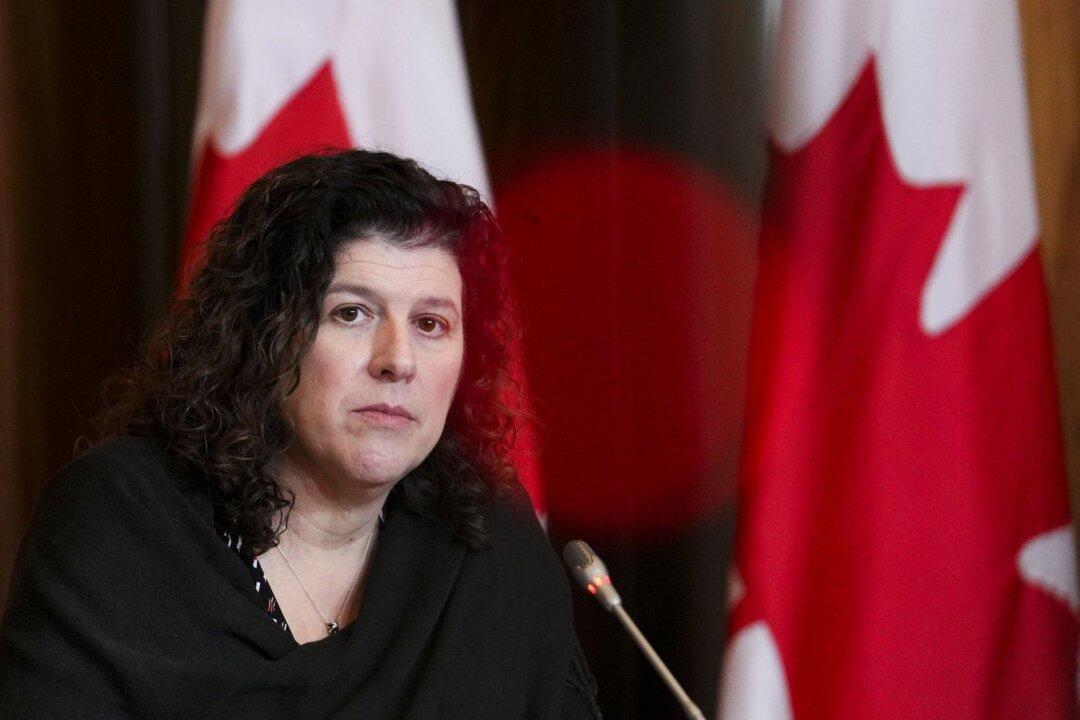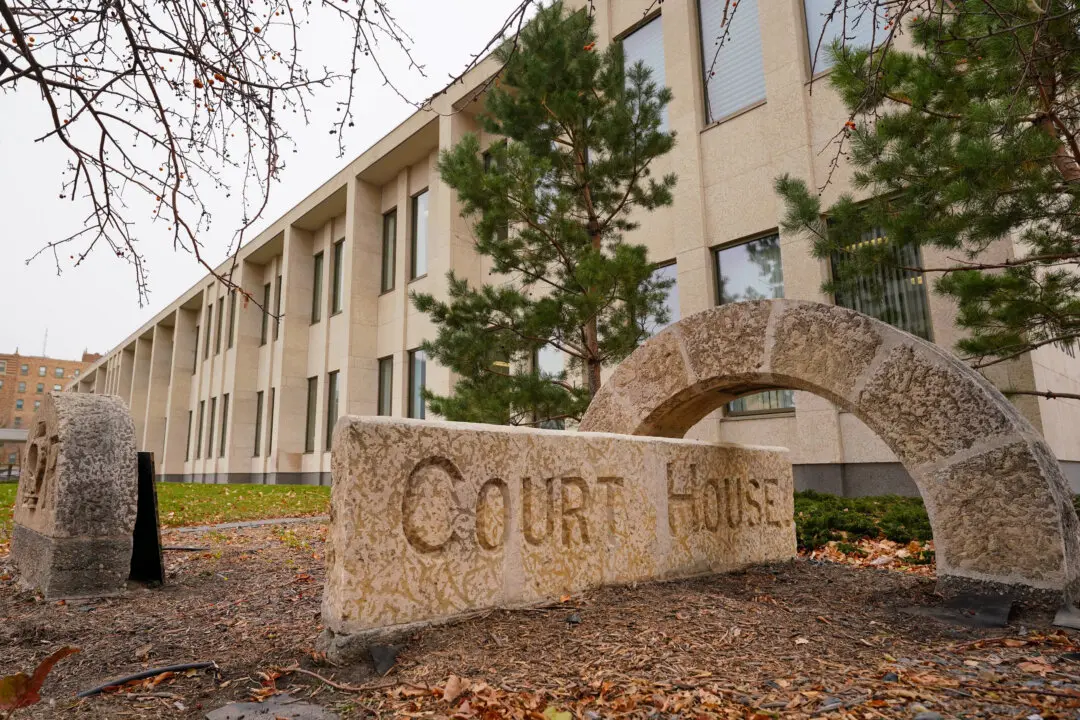The Canada Summer Jobs program is currently undergoing a performance review by the Office of the Auditor General and the findings are scheduled to be reported by year’s end, according to a federal government memo.
It is the first audit since those administering the government program were accused of discrimination by Christian employers applying for Canada Summer Jobs (CSJ) grants.





